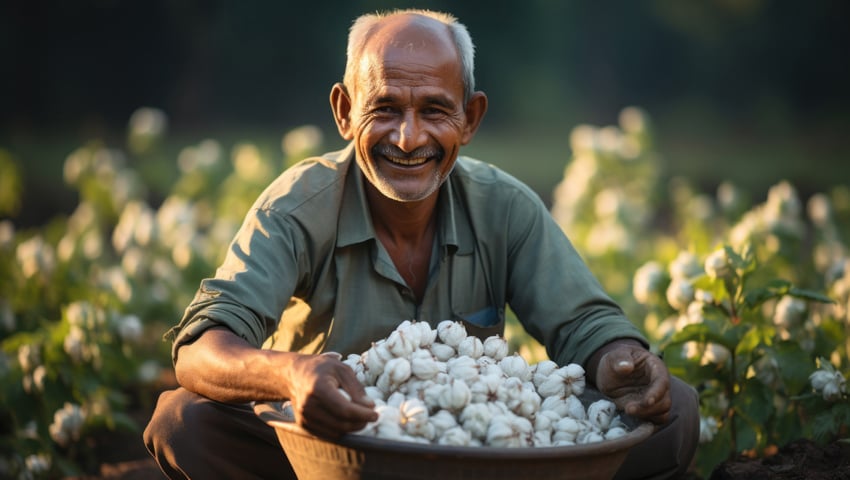In a year marked by escalating climate emergencies and global calls for sustainable solutions, Regenagri, a global leader in regenerative agriculture, has announced impressive performance in its new Impact Report.
The report reveals the significant adoption and impact of regenerative farming worldwide.
Commenting on impressive business performance, Franco Costantini, Regenagri CEO, said, “As extreme weather events become more frequent and the urgency of climate action intensifies, Regenagri’s work in promoting regenerative agriculture is more critical than ever.”
He references the 2023 IPCC report highlighting the need for sustainable land management practices to mitigate climate change impacts, making Regenagri’s achievements timely and relevant in the global sustainability discourse.
Costantini said, “2023 was a year of remarkable progress for Regenagri, with the area of land under its certification tripling from 487,000 hectares in 2022, to over 1.46 million hectares in 2023.”
He adds that the programme now supports more than 230,000 farms and 855 supply chain operators globally.
“We’ve continued to see growth in the textiles sector with brands such as J. Crew Group, GAP, PVH, and we’ve expanded further into food supply chains with brands such as illycaffè”
Costantini believes the environmental and economic benefits of the Regenagri’s framework are impressive.
He said, “Regenagri certified farms have achieved a remarkable positive impact. Representative examples are the annual greenhouse gas reduction of 4.44 tonnes of CO2 equivalent per hectare for cotton farms and 5.34 for coffee farms.”
The increase of soil carbon sequestration (about five million tonnes of carbon) and the reduction in water use have been other important achievements. Costantini said, “Certified farms in Brazil have also made significant strides in resource efficiency, reducing water use by 95,410 litres per hectare.”
Looking ahead, Costantini said that Regenagri aims to double its impact in 2024 by expanding its programme to cover two million hectares of land, supporting 500,000 farms globally. “As the Regenagri initiative grows, we keep learning; from understanding the needs of farms and supply chains, to technologies and systems that support the integrity and scalability of the programme.
“I’m excited about how much more we can achieve in the coming years. We have ambitious goals to keep moving at pace towards our vision of a world in which regenerative farming is the norm.”
